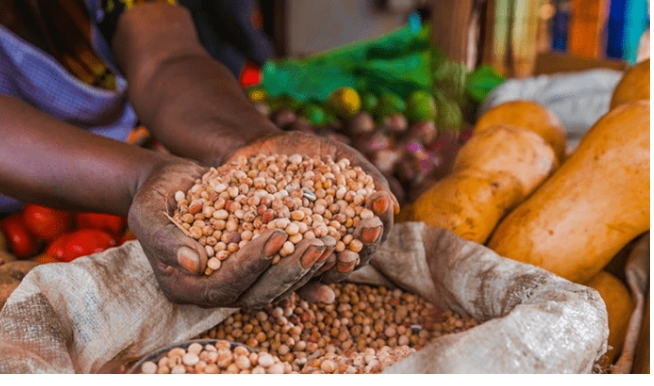According to a new United Nations early warning report, the number, and intensity of acute food insecurity is expected to rise in 18 hunger “hotspots” with Nigeria being among them.
The report that came out recently highlighted the severity of the situation in which aid is needed to avoid a famine in Gaza and Sudan, and a further worsening of the already catastrophic hunger situations in Haiti, Mali, and South Sudan.
It also cautioned about the residual effects of El Niño coupled with the prospect of La Niña, which poses a threat of climate volatility that can disrupt life as people know it.
“Since the previous edition of the Hunger Hotspots report (October 2023), the Central African Republic, Lebanon, Mozambique, Myanmar, Nigeria, Sierra Leone, and Zambia have joined Burkina Faso, Ethiopia, Malawi, Somalia, and Zimbabwe in the list of hunger hotspots, where acute food insecurity is likely to deteriorate further during the outlook period,” It stated.
Stating that the hotspots were subjected to increasingly emergent hunger challenges, the report emphasized the emerging issue of multipliers of shockwaves which in the form of either parallel or sequential manner were deteriorating the acute food insecurity status. It pointed out that all forms of risk, including conflict, climate and economic stresses compelled vulnerable people into food emergencies.
The report indicated that 2023 could be the first year since 2010 in which funding for humanitarian aid will be lower than in the previous year, but it was also the second-highest level of funding recorded for humanitarian aid.
“The daunting prospects highlighted in this report should serve as a wake-up call to all of us. We need to spearhead the shift from responding to crises after they occur to more proactive anticipatory approaches, prevention, and resilience building to help vulnerable communities cope with upcoming shocks,” FAO Director-General, QU Dongyu said.
“Acting ahead of crises can save lives, reduce food shortages and protect livelihoods at a much lower cost than a not timely humanitarian response.”
What’s more, the WFP Executive Director, Cindy McCain said, “Once a famine is declared, it is too late — many people will have already starved to death. In Somalia in 2011, half of the quarter of a million people who died of hunger perished before famine was formally declared.
“The world failed to heed the warnings at the time, and the repercussions were catastrophic. We must learn the lesson and act now to stop these hotspots from igniting a firestorm of hunger,”
She added that proven solutions are available to stop these crises in their tracks. However, there is a need for the resources and the political will to implement them at scale before more lives are lost.
The report also provided that it was assumed that continued violence in Palestine would worsen the acute hunger situation even more, as starvation and death were already occurring, along with the massive loss of life and near complete destruction and displacement of the population of the Gaza Strip.



1 Comment
Pingback: KATH Awaits Official Directive to Implement Free Dialysis Policy - Mbamali